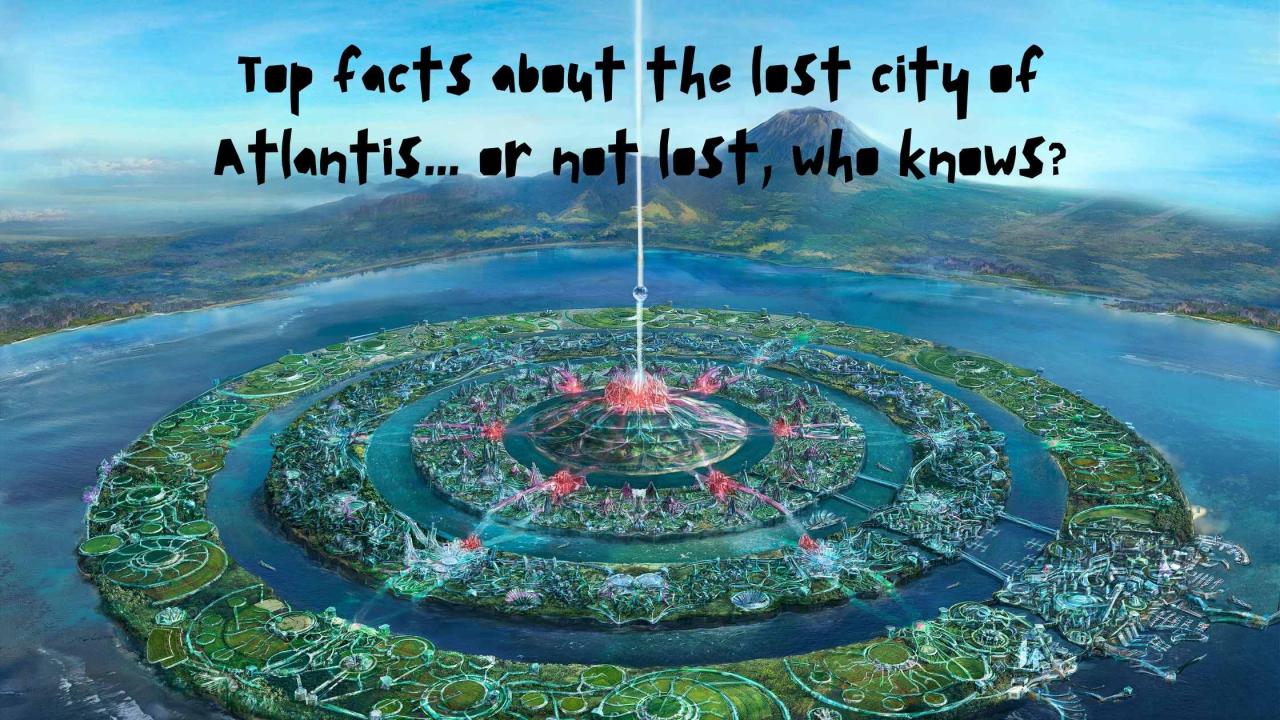
Requiem for Atlantis: The Lost City
Introduction
The legend of Atlantis, a lost city submerged beneath the waves, has captivated the human imagination for centuries. From ancient Greek philosophers to modern-day explorers, countless individuals have sought to unravel the mystery of this mythical metropolis. One such endeavor, known as "Requiem for Atlantis: The Lost City," stands as a testament to the enduring allure of this enigmatic civilization.
The Project
Requiem for Atlantis is a multimedia project that seeks to reconstruct what life may have been like in this legendary city. It was conceived by filmmaker Simcha Jacobovici and oceanographer Robert Ballard, who discovered the wreck of the Titanic in 1985. The project utilized cutting-edge underwater exploration technology and computer-generated imagery to bring the lost world of Atlantis to life.
Exploration and Discovery
In 2011, the project team embarked on a series of dives off the coast of Cyprus, where they believed Atlantis may have been located. Using sonar and remote-operated vehicles, they searched for evidence of the city’s ruins. While no definitive proof of Atlantis was found, the team did uncover intriguing underwater structures that resembled descriptions of the city from ancient texts.
Reconstruction and Visualization
Based on their findings and historical accounts, the team created a detailed reconstruction of Atlantis. They employed geophysicists, architects, and computer artists to visualize the city’s layout, architecture, and daily life. The resulting images depicted a thriving metropolis with towering buildings, intricate waterways, and a vibrant culture.
Scientific Evidence
The project did not yield definitive proof of Atlantis’ existence. However, it did provide insights into the geological and climatic events that could have caused a large-scale submergence in the Mediterranean Sea. Scientists believe that a volcanic eruption or a series of earthquakes may have led to the city’s catastrophic end, potentially around 10,000 BC.
Historical Significance
Regardless of whether or not Atlantis was a real city, the legend itself has played a significant role in human history and culture. It has inspired countless works of art, literature, and music, and has fueled the imaginations of explorers and historians alike. Requiem for Atlantis attempted to separate myth from reality while exploring the timeless allure of this enduring legend.
Conclusion
Requiem for Atlantis: The Lost City is a remarkable project that pushed the boundaries of underwater exploration and historical reconstruction. While it did not conclusively prove the existence of Atlantis, it ignited a renewed interest in this enigmatic civilization and highlighted the enduring power of human curiosity. Whether Atlantis remains a lost dream or a forgotten reality, the project serves as a testament to the enduring allure of the unknown and the relentless search for answers to humanity’s greatest mysteries.